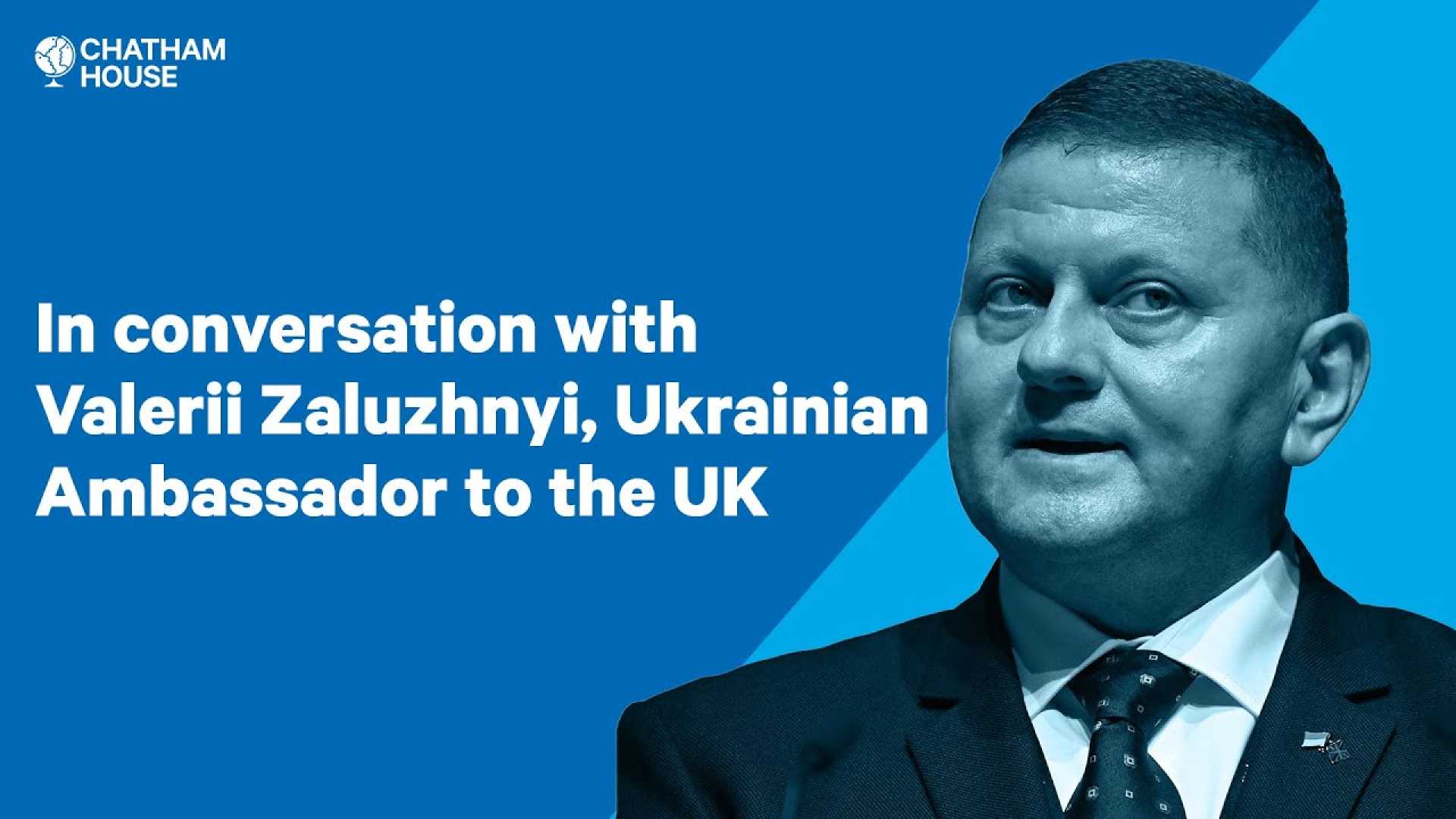World
Ukraine Ambassador Warns US Actions Could Collapse NATO

LONDON — Ukraine‘s ambassador to the United Kingdom, Valerii Zaluzhnyi, has condemned the United States for what he calls its role in “destroying” the world order, following controversial U.S. interactions with Russia and a tumultuous meeting between President Volodymyr Zelensky and former President Donald Trump. During a panel discussion at the Chatham House think tank on March 6, Zaluzhnyi voiced concerns over recent U.S. foreign policy decisions that he believes undermine Western unity.
“It’s not just the ‘axis of evil’ and Russia trying to revise the world order, but the U.S. is finally destroying this order,” Zaluzhnyi stated. He expressed trepidation regarding the potential consequences for Europe if U.S. negotiations with Russia were to continue without adequate consultation with Ukraine. His remarks follow a violent exchange in Washington that resulted in the U.S. halting military aid and intelligence-sharing to Ukraine.
Zaluzhnyi, who previously served as Ukraine’s military chief before becoming ambassador, cautioned that the U.S. administration’s overtures toward Russia could lead to the collapse of the NATO military alliance. “We can say that in the near future NATO likewise could stop existing,” he warned. The ambassador indicated that such actions not only embolden Russia but threaten European security as well.
His remarks coincide with a backdrop of heightened anxiety in Kyiv and among European nations regarding the reliability of U.S. support against Russian aggression. “Now Washington is trying to delegate the security issues to Europe without participation of the U.S.,” he continued, insisting that this shift in policy is detrimental to global stability.
Amid these challenges, European leaders are grappling with the lack of U.S. military support, which had previously been a cornerstone of their defense posture against Russian advances. As tensions escalated following the February 28 meeting between Zelensky and Trump, which ended contentiously, Ukraine’s allies in Europe have gathered this week to re-evaluate their security strategies.
Zelensky, facing internal political pressure following the fallout from the Oval Office meeting, has attempted to mend relations with the U.S. and described the encounter as “regrettable.” He stated that Ukraine is ready to engage in negotiations regarding an end to the ongoing conflict with Russia, emphasizing a need for dialogue.
In contrast to Zaluzhnyi’s stark warnings, U.S. officials have indicated they are open to discussing peace agreements, with Trump recently asserting a desire to sign a peace deal “at any time.” However, skepticism remains regarding the sincerity of U.S. commitments after the administration ordered a freeze on military shipments and cyber support to Ukraine.
Zaluzhnyi’s comments reflect a growing apprehension in Ukraine about U.S. policy moving forward, particularly in light of Trump’s willingness to engage directly with Moscow while sidelining Kyiv. The ambassador’s criticisms highlight a broader concern that Ukraine could find itself increasingly isolated in peace negotiations that prioritize U.S.-Russian relations over its sovereignty.
As Ukraine seeks to strengthen its allies and consolidate support, the uncertainty surrounding U.S. involvement continues to loom large, raising questions about the future of NATO and collective security in Europe.












